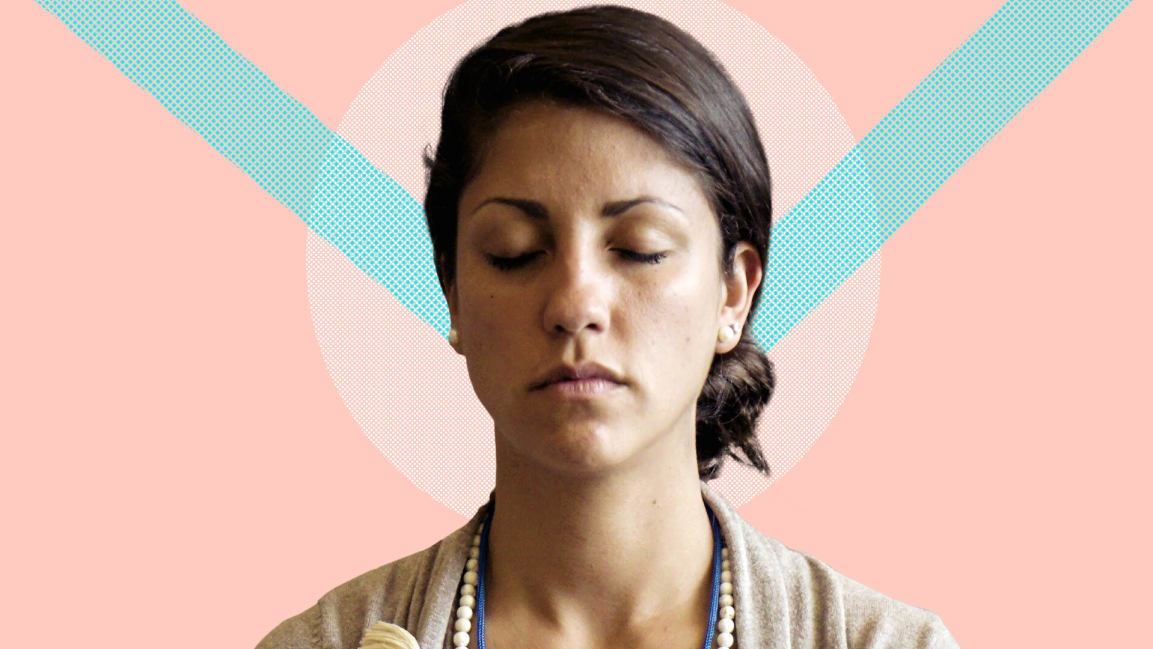These online classes teach mental agility, optimism, and resilience—skills that we all need right now
Even before the events of past few months upended our collective sense of control over our personal and professional lives, the importance of adaptability and resilience has been well-documented. In January, LinkedIn used billions of data points from its members to see which soft skills matter most in 2020 and beyond. It determined that adaptability (the ability to “show up with a positive attitude . . . especially in stressful situations”) and emotional intelligence (the “ability to perceive, evaluate, and respond to your own emotions and the emotions of others”) are among the most significant.
Much of the research into how we can acquire and use such skills has come from the field of positive psychology, the scientific study of optimal human functioning that was pioneered by psychologist Martin Seligman in the late 1980s. A big part of Seligman’s work focuses on how people overcome adversity by tapping into what he calls their “signature strengths.” The idea is to develop natural buffers against misfortune.
If that sounds useful right about now, you’re in luck: Seligman and his colleagues at the Positive Psychology Center at the University of Pennsylvania have put together a collection of Coursera classes around the topic.
The five classes in the Foundations of Positive Psychology Specialization are designed to immerse students in the field, while offering real and actionable takeaways. The lessons aim to change the way students approach and solve problems, as well as give them new soft skills that are critical both personally and professionally. In fact, Coursera reports that 80% of learners started a new career after completing this specialization, while 13% got a pay increase or promotion.
The specialization begins with a foundational course from Seligman, “the father of positive psychology” himself. (It’s his equivalent to Yale’s ultra-popular Science of Wellbeing class, which is also on Coursera.) It then moves into more practical courses, such as a class taught by ‘human flourishing’ specialist James Pawelski on the Applications and Interventions of Positive Psychology that helps students identify their character strengths and set and achieve goals. There’s one on Positive Psychology: Character, Grit and Research Methods, taught by MacAthur genius fellow Angela Duckworth, who wrote the bestselling book on grit. There’s also Positive Psychology: Resilience Skills, led by Karen Reivich, who focuses on helping students develop all-important resiliency, along with mental agility and optimism. (Note: You can take any of these courses on their own or as part of the specialization.)
The first assignment in Resilience Skills is a particularly enjoyable (and heartstring-yanking) one: watching the movie The Pursuit of Happyness (yes, the Will Smith flick from 2006 that makes me cry every time) and writing an analysis of the characters’ optimistic behavior. Future assignments become more comprehensive and require students to design resilience and gratitude practices aligned with their own strengths. In the wake of the pandemic, Reivich also rolled out a new, free, stand-alone course called Resilience Skills in a Time of Uncertainty that incorporates some of these lessons.
Currently, you can sign up for a free 7-day trial on Coursera before paying for any of these courses, which cost $79 a month. Additionally, you can audit any of these classes for free, though the audit doesn’t give you full access to discussions, materials, or resources in the course.
(9)



